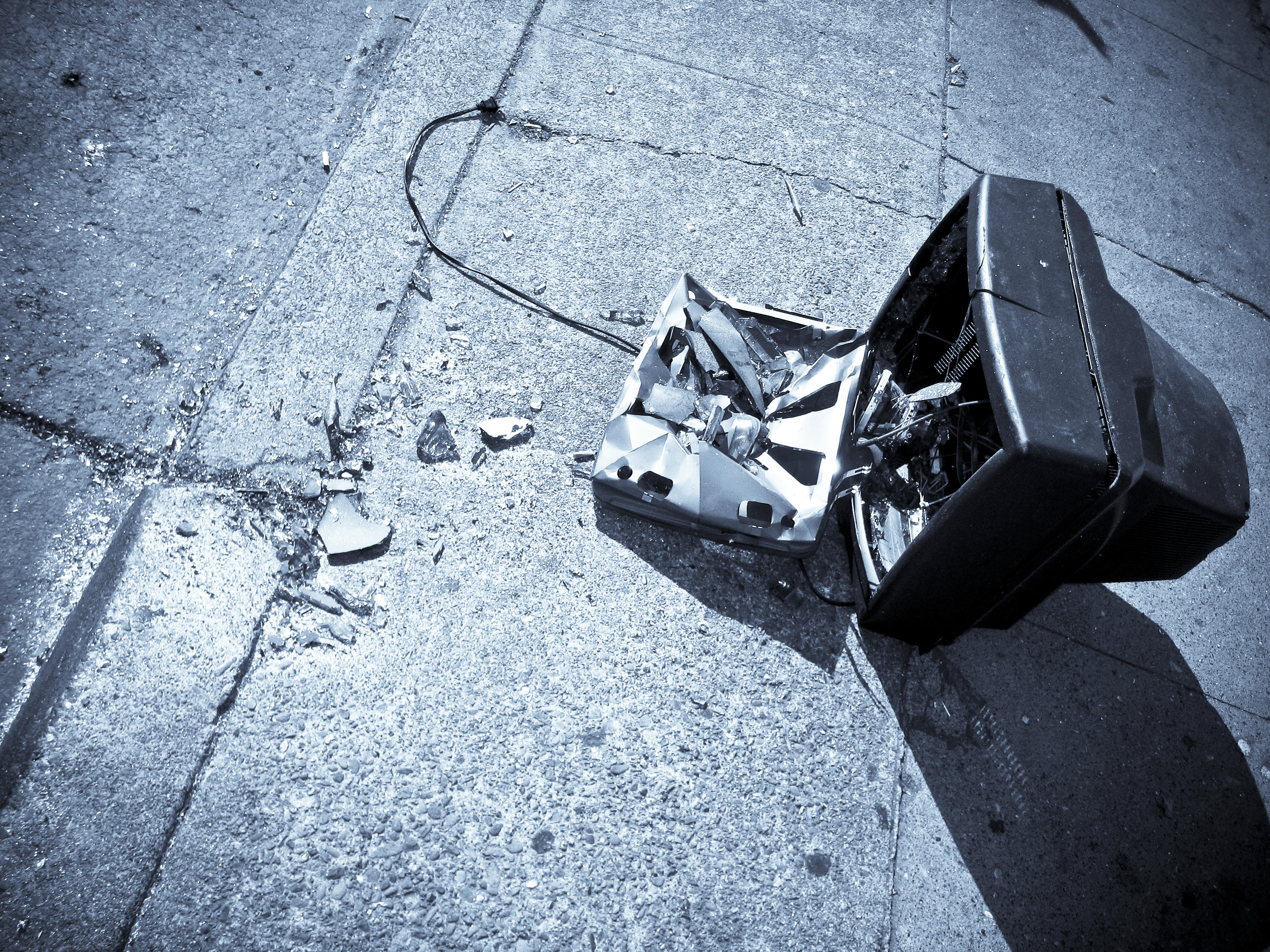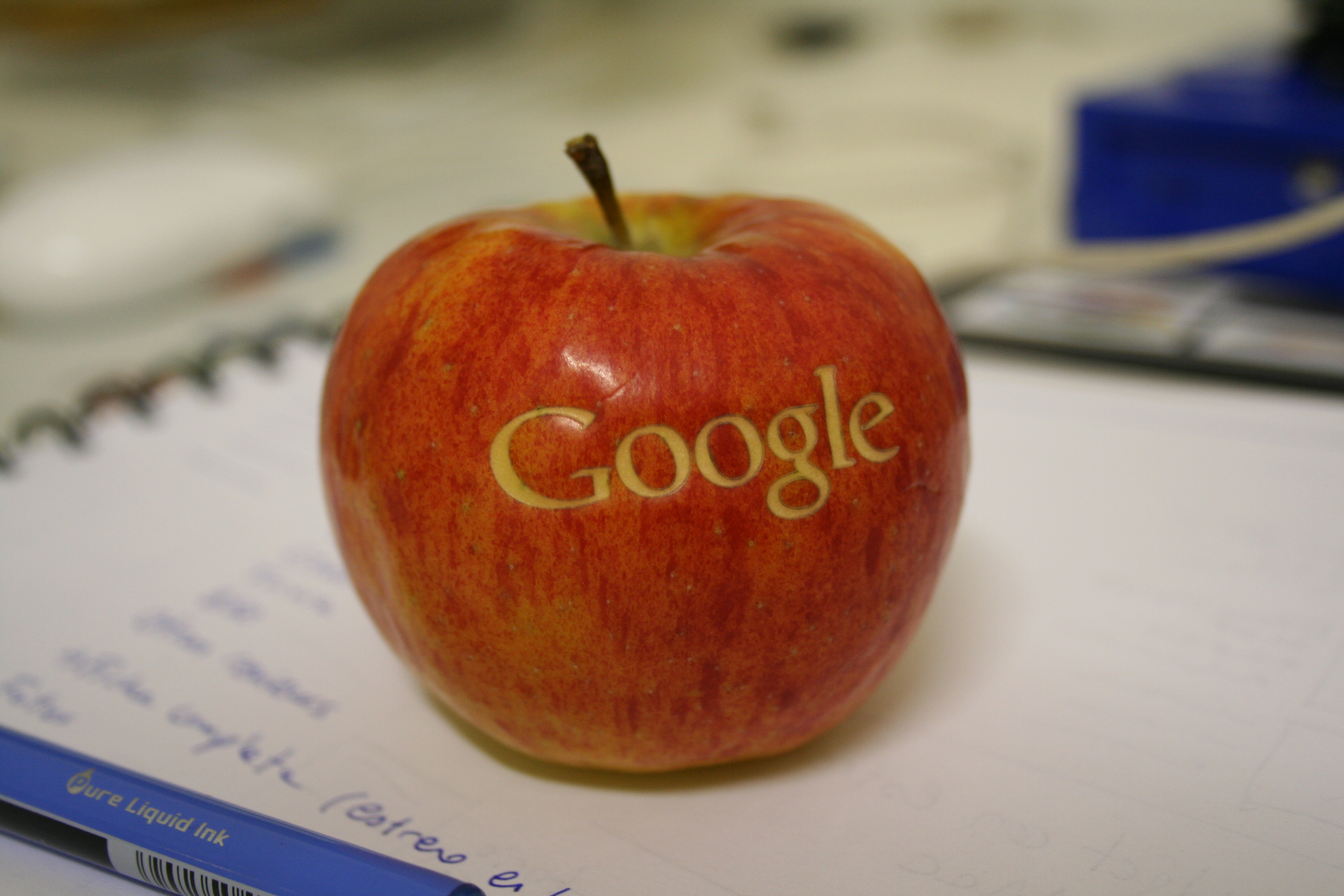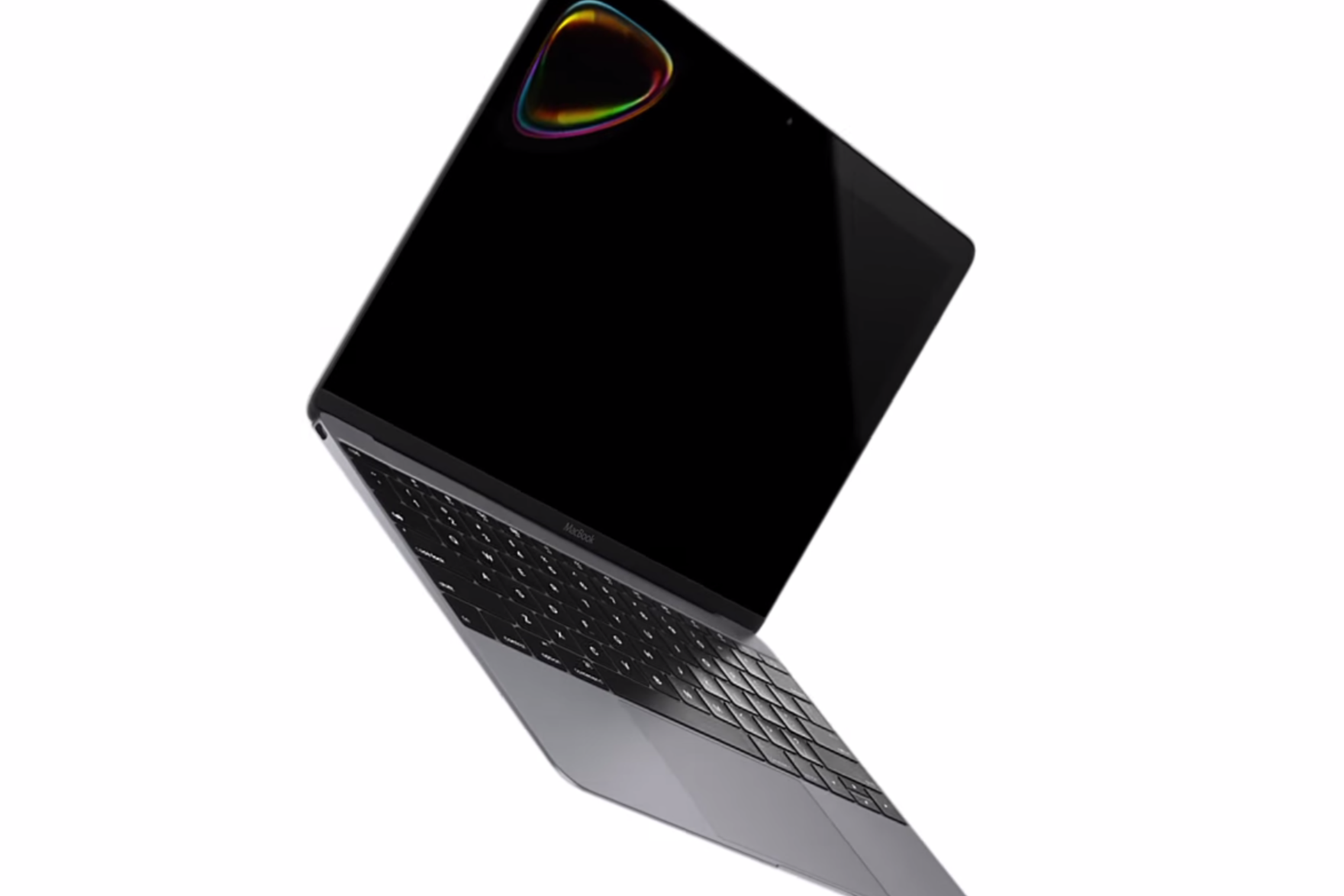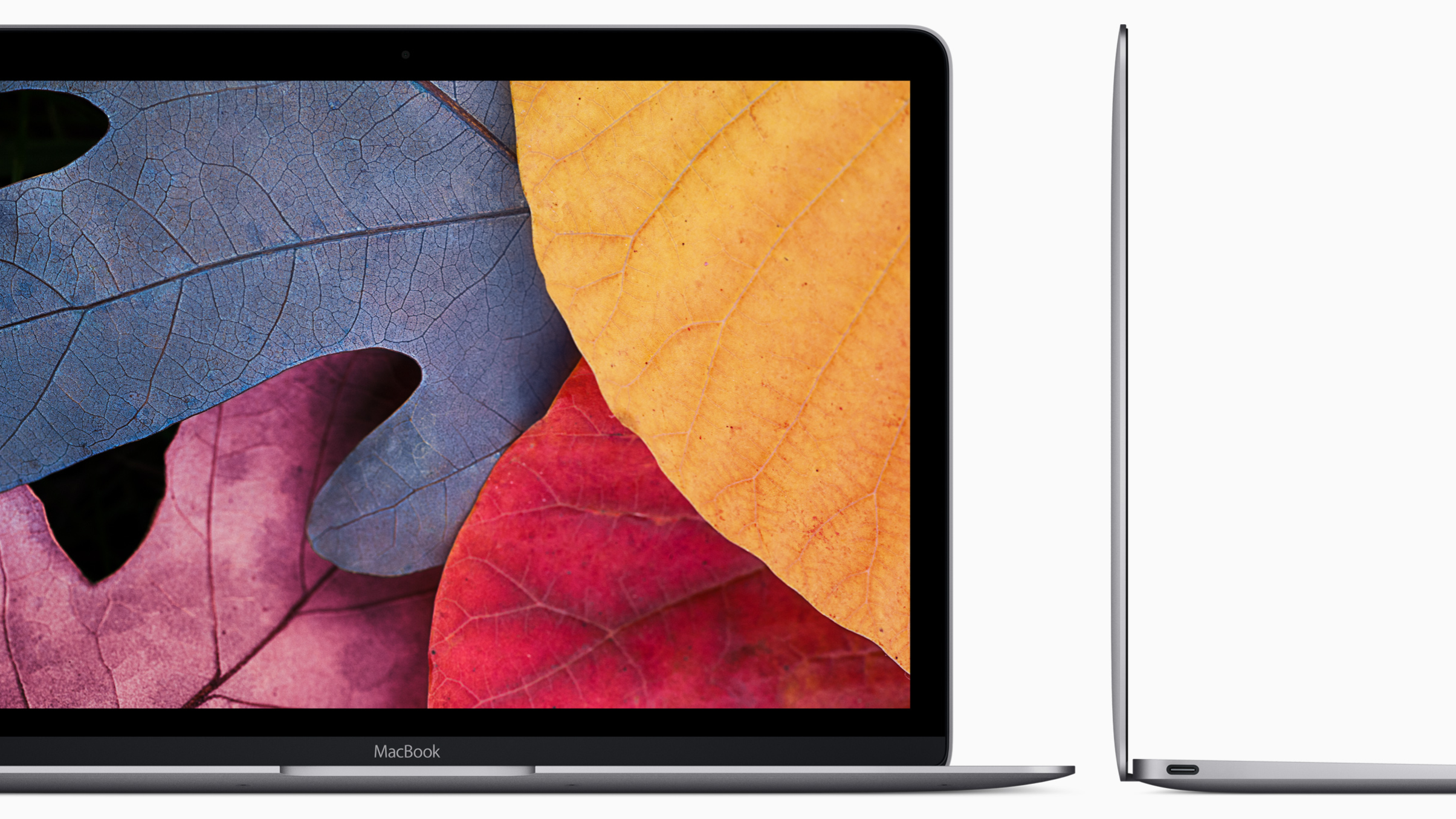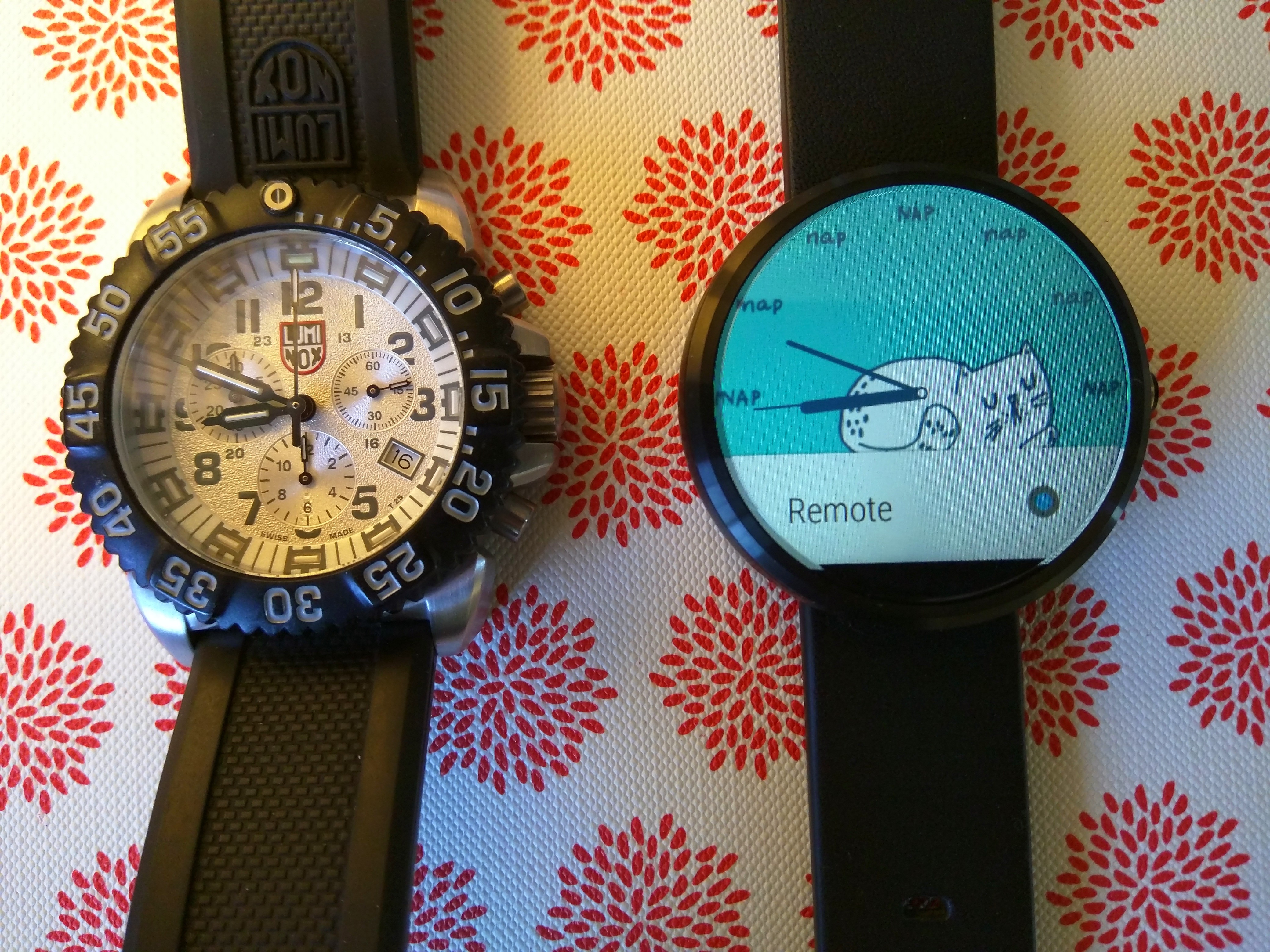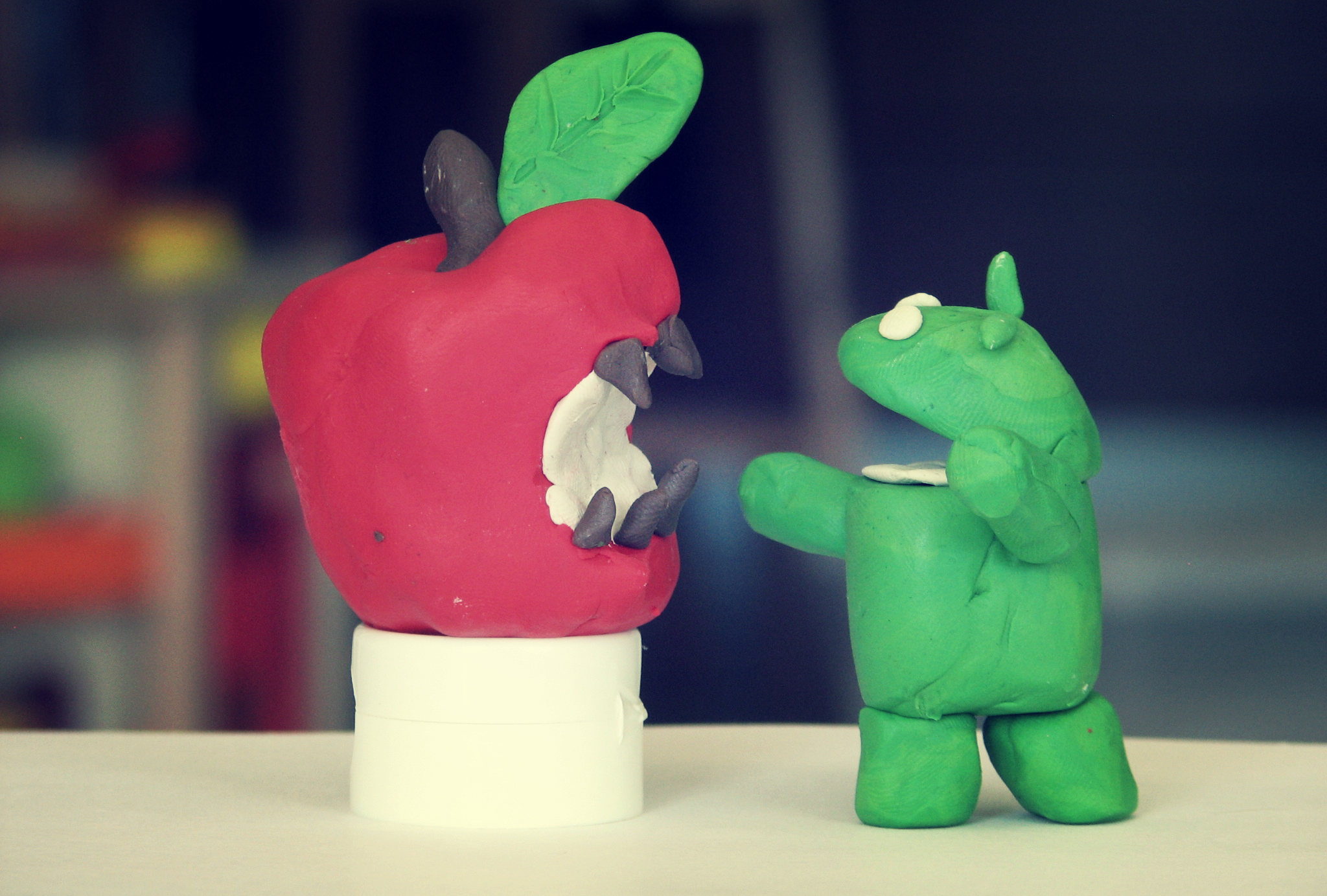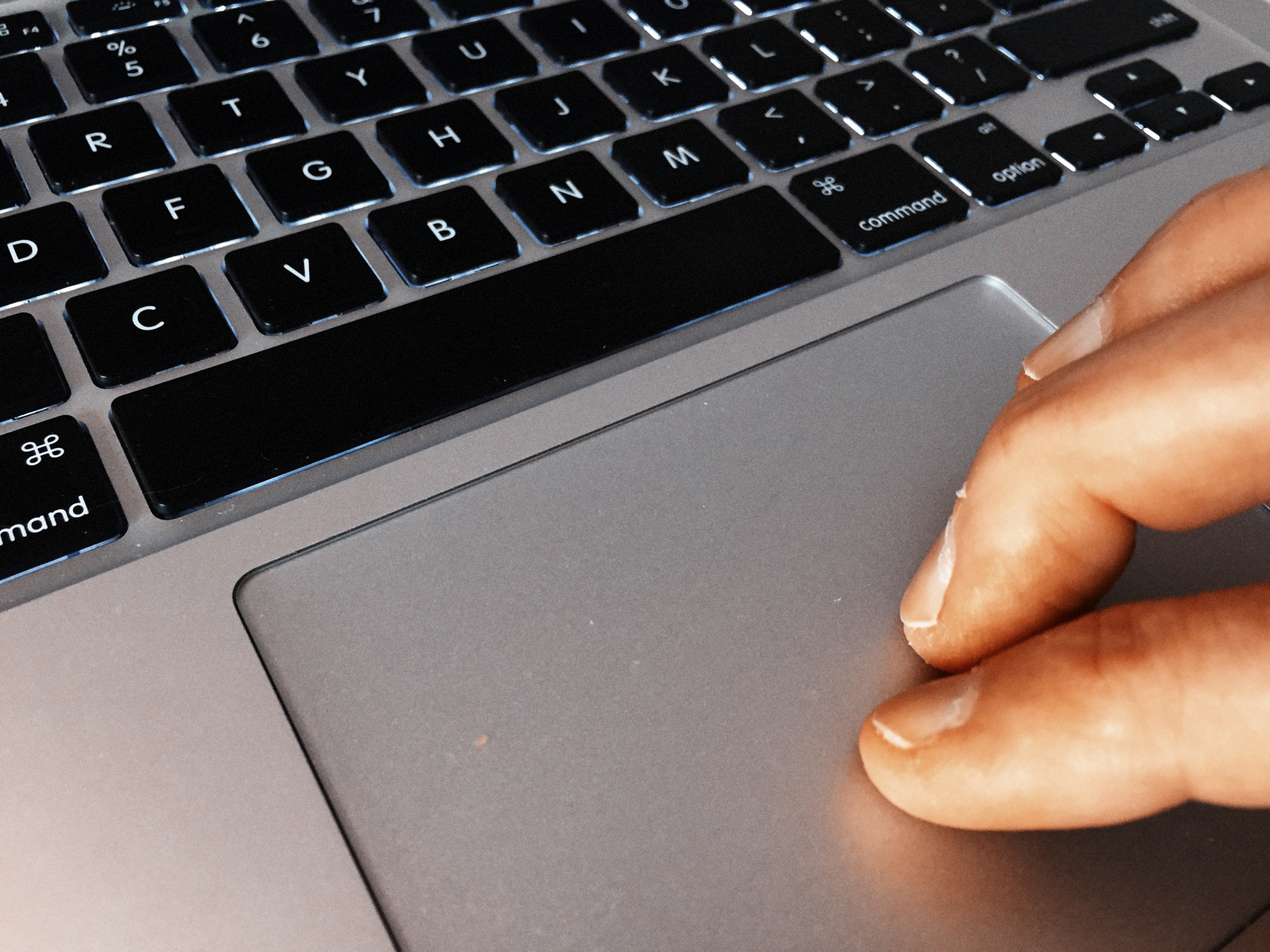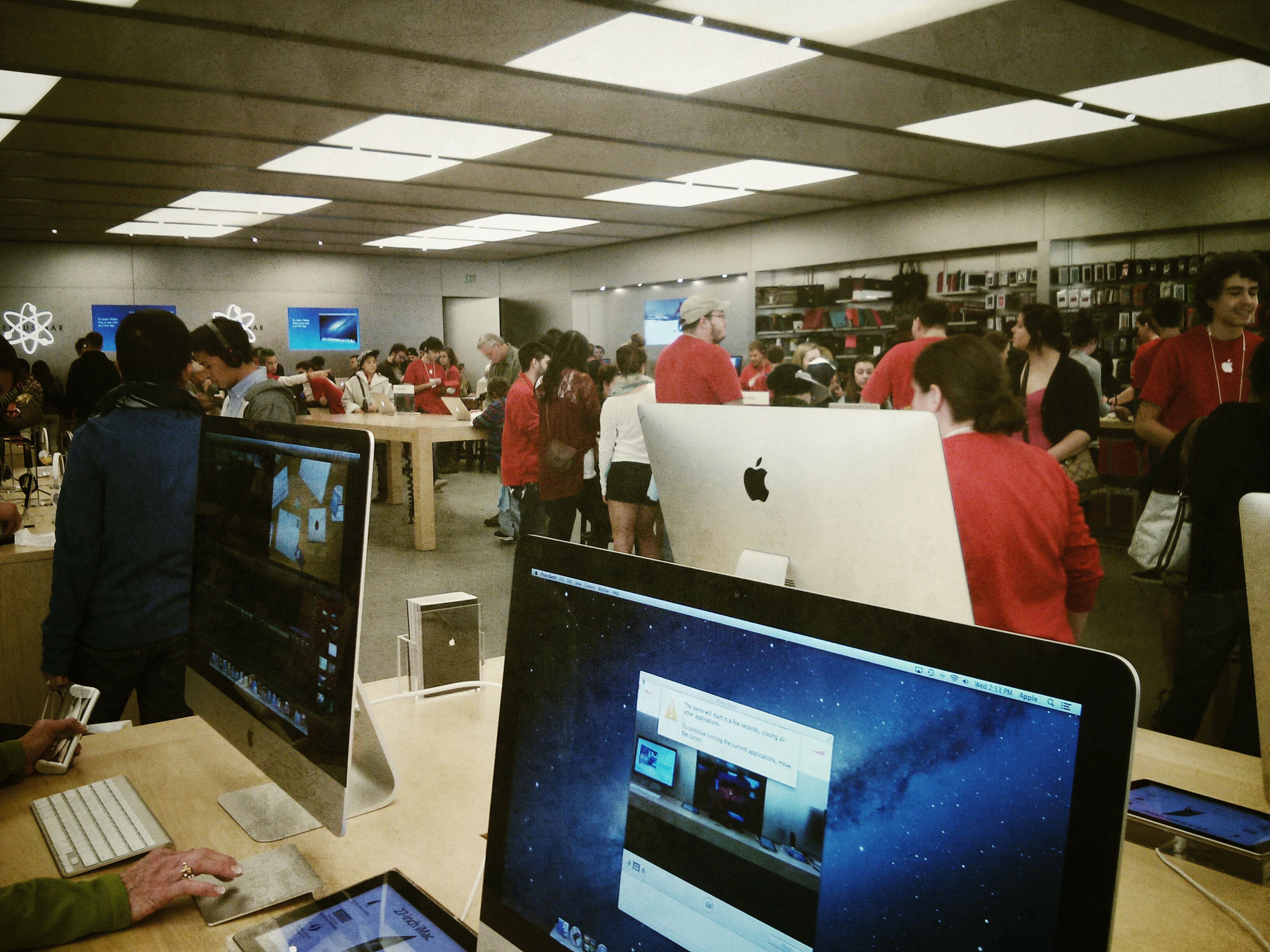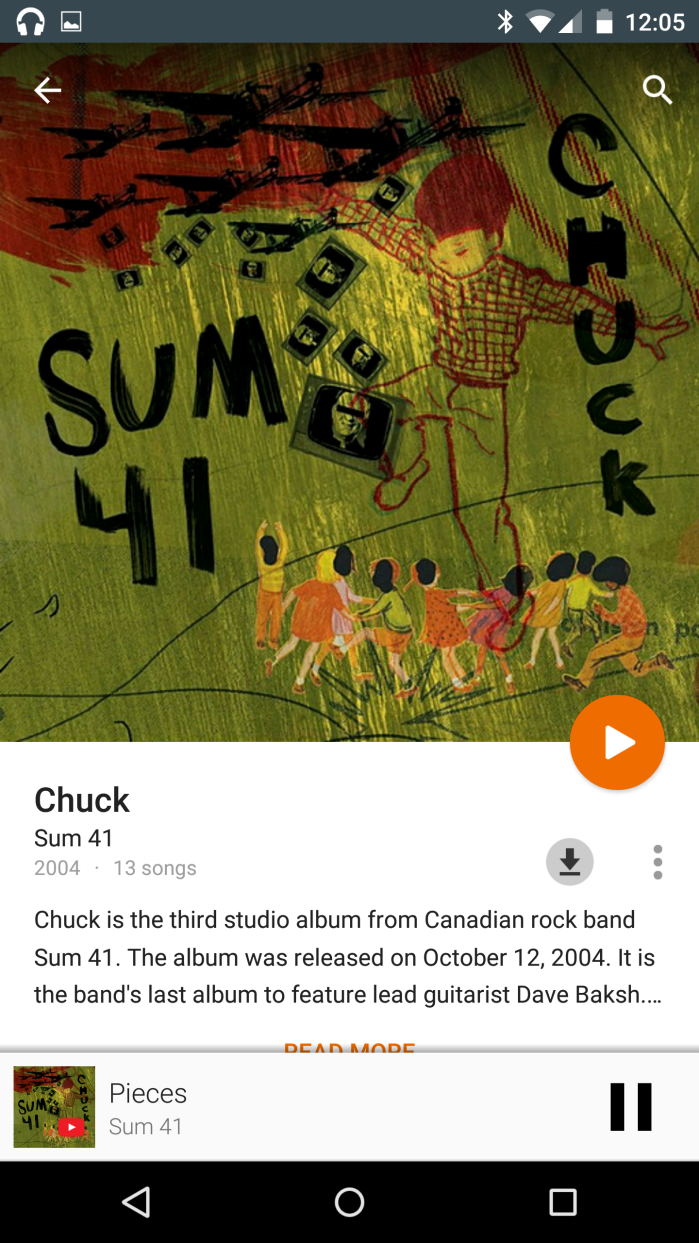The past 7 days is so chock full of tech-related news, like Gigaom’s closure or updated Chromebox Pixel, feels like a year has passed since Apple announced the new MacBook and exclusive distribution of streaming service HBO NOW. I don’t know what the device maker paid for the privilege, but big benefits belong to it. I wonder: What made HBO executives think that the service benefits by tying its early destiny to a single platform during telecast of the popular Game of Thrones series?
Particularly for cord-cutters who don’t have Apple TV, iPad, iPhone, or iPod and want GoT Season 5 the choice is simple: Buy ATV for 69 bucks or spend more on another device capable of running HBO’s iOS app—or steal! On March 10, 2015, my colleague Alan Buckingham, who owns no fruit-logo products and cord-cuts, wrote that he might get the streaming box. I asked if he really plans to buy Aople TV. “I likely will”, he says.
